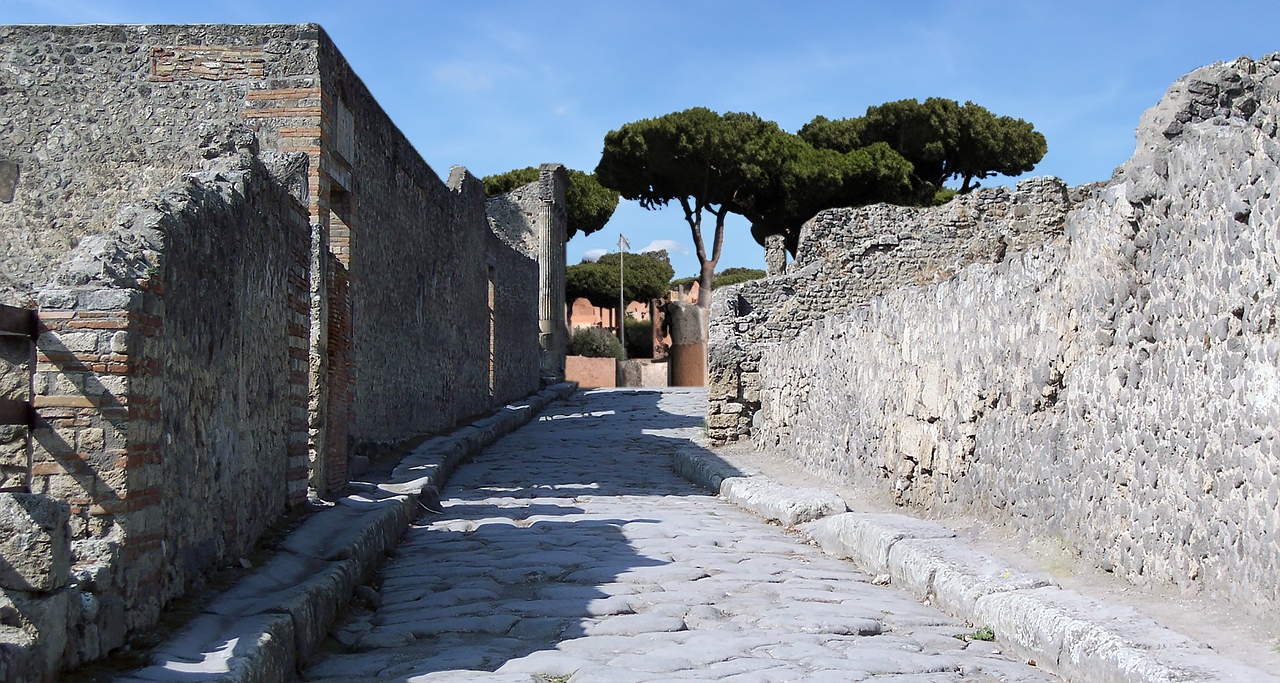Why did God send Jesus when He did?

Scripture tells us that the time when Jesus came to earth as a human is significant. "But when the set time had fully come, God sent his Son, born of a woman, born under the law" (Galatians 4:4 NIV). Biblical scholars have studied this topic for centuries, and following are some possible historical and biblical reasons for why God chose to send Jesus at the specific time He did.
Historical Reasons
The dates of Jesus’ time on earth are between 6 BC (His birth) and 33 AD (His death and resurrection).1 This was during the reign of the Roman Empire, which eventually encompassed parts of three continents (Europe, Africa, Asia) and stretched all the way from Britain to Syria. No previous empire had conquered and united that much territory or had that much influence.
From 27 BC to 180 AD, the Empire enjoyed a time of peace known as "Pax Romana" (Roman Peace).2 Before this time, countries were constantly at war with one another. As the Romans began to conquer country after county, they united their empire under the same economic, military, and linguistic system, which, ironically, resulted in a time of peace.3 This window of peace allowed for the development of many keys advances that serve as clues to why God might have sent Jesus when He did.

Advancement of Language: "As the Roman Empire conquered the most expansive region of civilization, it also taught the world how to read and write using [the] alphabet."4 This is significant because, before this time, most people did not have a developed or uniform way of communicating and learning information. The Romans did not invent the alphabet, as people had been communicating through pictures and letters before them, but by the time of the Roman Empire, this written language had developed into a robust means of universal communication. As the Romans moved from place to place, they spread that education abroad.
In addition, the use of papyrus paper instead of clay tablets allowed for information to be easily transmitted from place to place. So the Roman Empire facilitated the means of a common language and alphabet which resulted in the effective communication of the Gospel.5

Advancement of Roads/Transportation: In ancient history, transportation was limited because roads were limited. Often "roads" were little more than cleared pathways of dirt—susceptible to weather, war, and robbers. Unlike roads today, they were not an easy means of transportation. As the Roman army conquered more territory, they would pave long, relatively straight roads to make the movement of military equipment easier as they advanced their armies.6 These roads, stretching across nearly 250,000 miles, were well engineered (some are still in use today!), often populated by the military, which provided safety for travelers, and connected many subcultures within the empire.7 Another important road that significantly connected the East and West was the Silk Road, which formally opened in 130 BC.8
The existence of these roads allowed for the message of the Gospel to be quickly spread throughout much of the known world. If Jesus would have come sooner in history, His teaching and salvation message would have been isolated to a smaller geographical area simply because travel would have been more difficult for human messengers.
Advancement in Tolerance: Overall, the Roman government was tolerant of different religious beliefs, which allowed Christianity to grow in every region of the Roman Empire during its early years. Most ancient civilizations would force the nations they conquered to adopt the gods of their victors, but Rome allowed the areas they conquered to retain their gods and traditions. Citizens merely had to submit to Roman authority, pay tribute, and make some sort of additional offerings to the Roman gods.
There was pushback among the Jews on these stipulations, as the 10 Commandments forbade worshipping any other gods. So the Romans actually made an exception for the nation of Israel and tolerated their worship of God alone.
When Christianity came on the scene, "...Rome did little to stop its growth, in part because Roman authorities initially saw Christianity as simply a branch of Judaism. This was partly because of Roman tolerance for local gods in general, and partly because the Christian community was still relatively small"9 and likely seemed to pose no threat.
If Jesus would have come before the conquests of the Roman Empire, His impact on the "known world" would most likely have been much smaller and difficult for people to advance, as it would have been confined to the obscure language and government of the land of Israel, where Jesus’ ministry took place.10
From a human perspective, these seem like logical reasons for God to choose this time in history for Christ to arrive, but we also understand that God’s ways are not our ways (Isaiah 55:8) and that these may or not be the reasons why God sent Jesus when He did. We can only speculate by looking back on history.

Biblical Reasons
The Law of Sin: From the context of Galatians 3 and 4, it is evident that God wanted to lay a foundation through Jewish Law that would prepare for the coming Savior (Galatians 3:24). The Mosaic law reminds people that they are unable to keep God’s Law, as all have sinned (Romans 3:23), thus causing them to look for a way to save them from the punishment of sin.
Blood = Forgiveness: For many hundreds of years, the Jewish people operated under the sacrificial system to attain God's forgiveness for their sins. This system pointed to the need for blood to be shed to cover sins. The people needed a perfect sacrifice that would not only cover sin but would pay the penalty for sin once and for all (Hebrews 9:12).
The Promised Sacrifice: God made specific prophecies (promises) about the coming Messiah that had to be accomplished at a certain time. For example, in Daniel 9:24-27 there is a specific prophecy about the timing of Jesus’ death. The right amount of time had to pass in order for God to keep His promise and for this prophecy to be perfectly fulfilled. So God sent Jesus in the "fullness of time" or "when the time had fully come" (Galatians 4:4). (GotQuestions.org has a more thorough explanation of these prophesies here.)
While our limited perspective makes it impossible for us to identify all the ways in which the time had "fully come" when God sent Jesus (as only God knows and sees all), we can still be thankful for the timing He chose. God’s perfect plan was to send His Son to die for our sins so that we might be saved from spiritual death (John 3:16-17). Have you believed in Jesus as the Savior from your sin? If not, learn more about repentance, salvation, and how you can choose to be saved.
REFERENCES: 1. Got Questions Ministries. "In What Year Did Jesus Die?" GotQuestions.org, www.gotquestions.org/what-year-did-Jesus-die.html. [Accessed Nov 28, 2022] 2. J. Warner Wallace. Person of Interest, Zondervan, 2021, 16. 3. Wallace, 16. 4. Wallace, 12. 5. Wallace, 13. 6.Wallace, 17. 7. Wallace, 18. 8. Wallace, 18. 9. Wallace, 21. 10. Wallace, 14-15.
ALSO SEE:
- Who is Jesus?
- Is Jesus real?
- What does it mean that Jesus saves?
- Is Jesus the only way to Heaven?
- What is salvation? (video)
- Are all my past, present, and future sins already forgiven?
- What does it mean that Jesus is the Son of God?
- Should Christians be tolerant?
- What do BC and AD stand for?
- What is the grace of God?


TL;DR
Galatians 4:4 says that the timing for when God sent Jesus to live on earth is significant. For example, Jesus lived during the time of the reign of the Roman Empire. This Empire facilitated the means of a common language and alphabet, a road for messages and people to travel, a culture of religious toleration, and a time of military peace. All these factors resulted in an easier means of spreading the Gospel around the known world. God prepared the way for the Savior by giving His people the Law (Galatians 3:24), which they could not perfectly fulfill, thus causing them to look for a perfect sacrifice to take away the punishment for sin once and for all (Hebrews 9:12). Biblical prophecies prepared the people to wait for their Messiah, and Jesus fulfilled them all so they would know He was sent by God. While our limited perspective makes it impossible for us to identify all the ways in which the time had "fully come" when God sent Jesus, we can still be thankful for the timing He chose. God’s perfect plan was to send His Son to die for our sins so that we might be saved from spiritual death (John 3:16-17).

Writer: Hanna S.
Hanna loves spending time with kids and teens. She enjoys being detectives with them to investigate God's Word to discover truths to answer any questions. She is the co-author of a newly published apologetics curriculum for children and teaches one online for highschoolers-adults. To learn more about her ministry you can visit networkerstec.com. For fun, she likes to play Ultimate Frisbee, read historical fiction, and paint.
